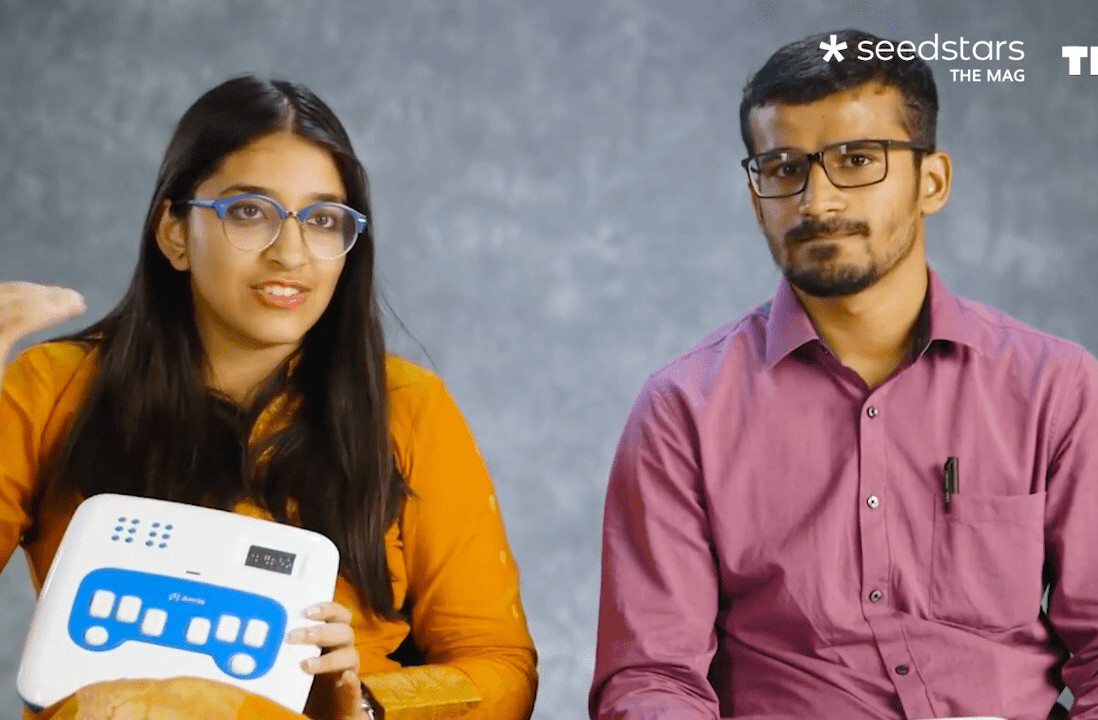
Etisalat, one of two telecommunications operators in the United Arab Emirates, announced a new service that will allow Indian expatriates to transfer money home using their m obile phones.
obile phones.
Depending on the cost of the service which will be launched later this month, this could present some serious competition to the country’s 113 exchange houses, which currently control the bulk of the $10 Billion remittances business in the UAE.
Through its focus on the Indian community Etisalat will be able to capture the bulk of the remittances market. The Indian community constitutes the largest ethnic group in the UAE, at approximately 33% of the total population and 50% of the workforce, and they send home something in the region of $7 Billion a year (70% of total remittances from the UAE).
Late last year the Telecommunications Regulatory Authority (TRA) announced that the number of active subscribers in the country now stands at 10 Million, or double the population, which makes it one of the most crowded mobile phone markets in the world! This means that telecom operators will now have to shift their focus towards service offerings, rather than on increasing subscribers, despite the unique nature of the UAE!
You see, since the country depends heavily on migrant labor its population growth is not only a factor of the birthrate, but also depends on the new arrivals who typically buy a mobile phone line or two, and make a whole lot of international calls.

Still, at 200% penetration this is a seriously competitive market and Etisalat will need to pull out and dust up its box of tricks. While it had traditionally been known for providing excellent and innovative services, the company has recently started facing some stiff competition from Du, the other telecom operator in the UAE, which has finally gotten its act together!
This announcement also signals an apparent shift in strategy by Etisalat, which had traditionally focused on the higher-end market. This service clearly targets the lower-end migrant workers and professionals, a market segment that were heavily courted by Du.
This service will be launched through a partnership between Etisalat and Citibank, with plans on extending the service to include Bangladesh, Pakistan and Egypt, three other major ethnic population groups in the country.
It seems that the exchange houses have had plenty of time to prepare for the competition, though, as Etisalat started testing the service with Tata Communications and Idea Cellular in April 2008, initially planning on a launch in June 2008 so they only have themselves to blame!
Get the TNW newsletter
Get the most important tech news in your inbox each week.





